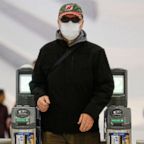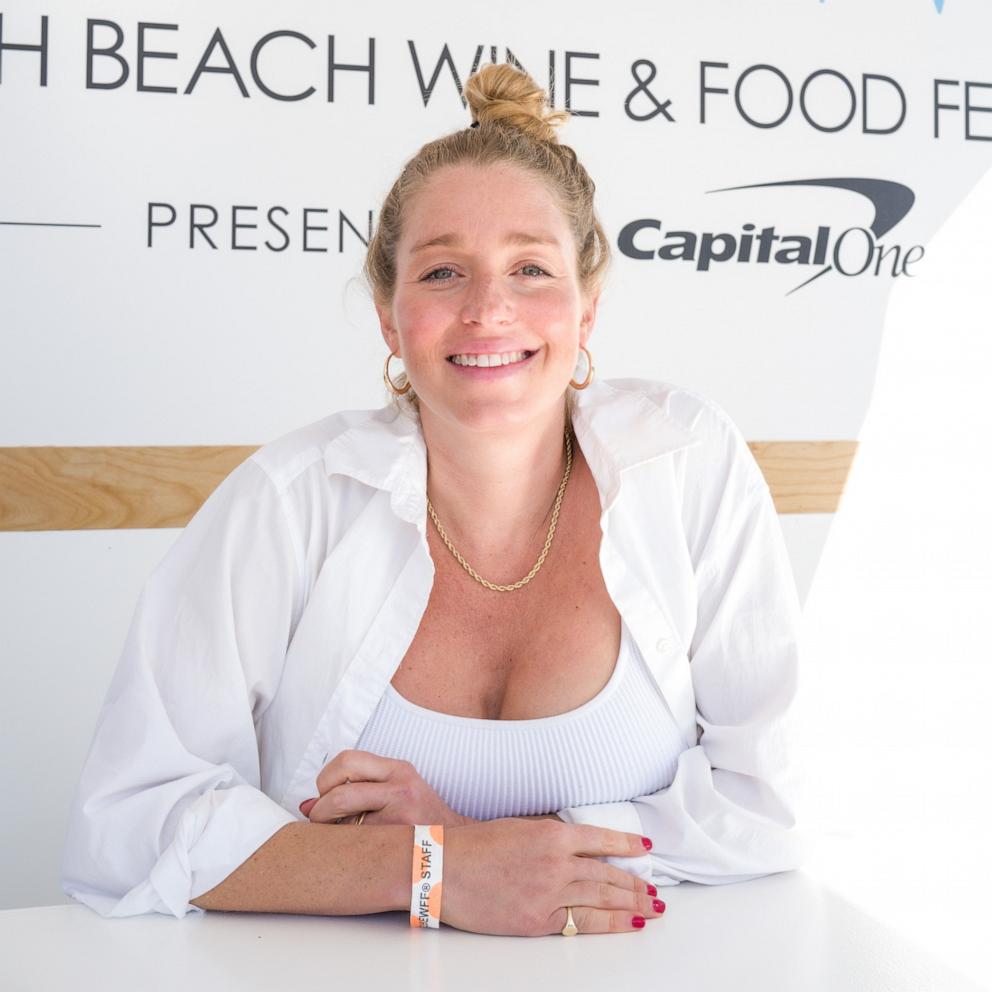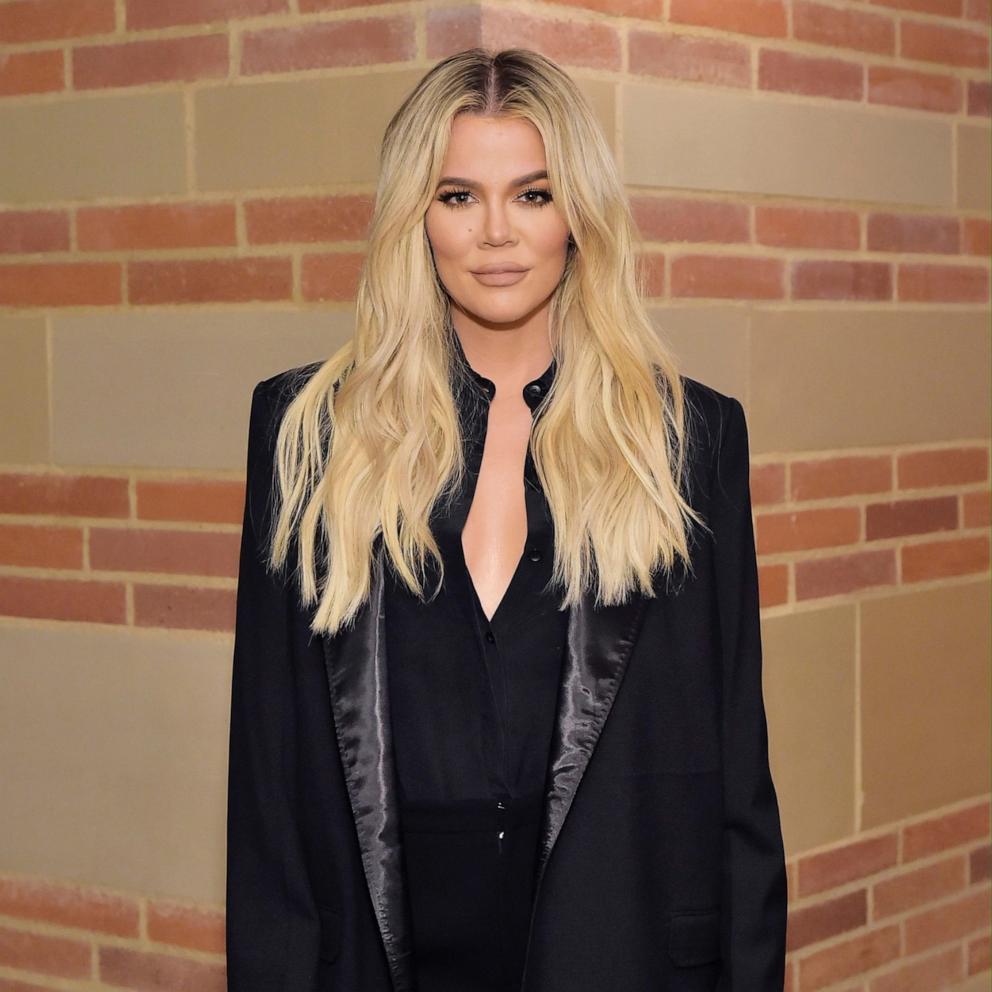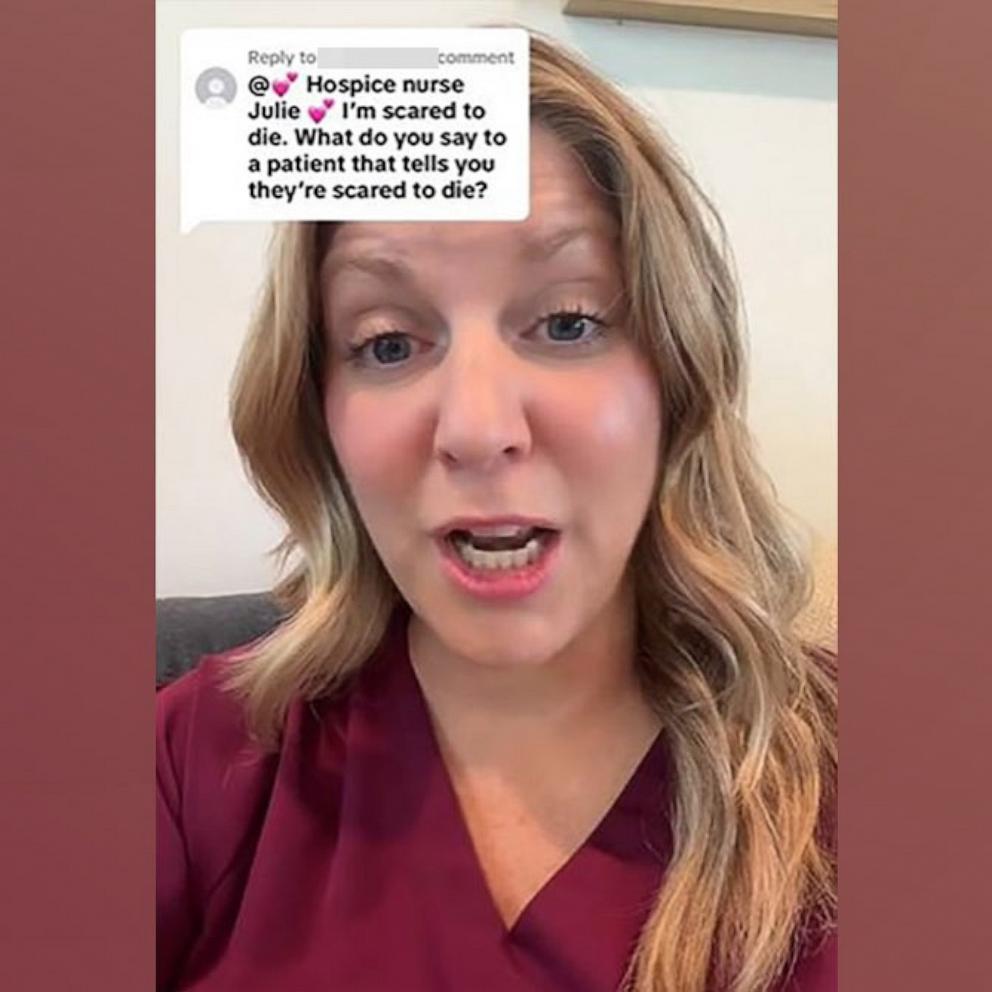Social distancing is key to stopping coronavirus
Measures to prevent the spread of novel coronavirus are underway with schools closed, sports events canceled and business conferences postponed. These measures, considered "social distancing," may be key in containing the spread of the coronavirus.
"Social distancing is a public health intervention in which people are discouraged from convening in groups and encouraged to keep physical distance from others in order to slow the spread of illness," said Dr. Neha Chaudhary, child, adolescent, and adult psychiatrist at Massachusetts General Hospital and Harvard Medical School and co-founder of Brainstorm, Stanford’s lab for mental health innovation.
"The goal is to prevent the number of cases of an illness from spiking rapidly past our health care system’s ability to keep up," she said. "If we can slow the spread of the illness, then the hope is that even if the total number of cases is as high, the pace is slow enough such that our hospitals and health systems can continue to accommodate the people who need treatment."
During the 1918 influenza pandemic, approximately 22% of the population in Sydney avoided infection due to social distancing measures like closing theaters, canceling classes and quarantining ill patients. These interventions could prove vital for mitigating the coronavirus pandemic.
However, social distancing does not mean avoiding all activities outside of your home.
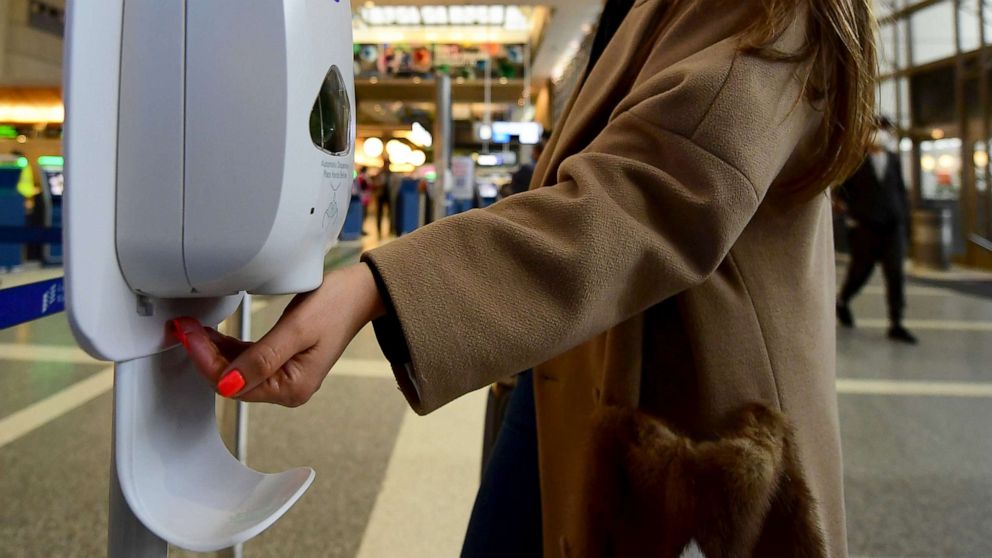
“We don’t want to become hermits. We don’t want to get into our homes, lock the door and crawl under the bed,” said Dr. William Schaffner, professor of preventive medicine and infectious diseases at the Vanderbilt University School of Medicine in Nashville.
For activities such as going to the gym, people can try to go at off-hour times, sanitize commonly used equipment, and practice proper hand-washing routines, according to Schaffner. “What we’re asking people to do is look into your own lives and figure out what you’re doing and not doing that bring you all together closely, and begin to avoid those activities,” he said.
What to know about Coronavirus:
- How it started and how to protect yourself: Coronavirus explained
- What to do if you have symptoms: Coronavirus symptoms
- Tracking the spread in the US and Worldwide: Coronavirus map
Most importantly, social distancing measures for COVID-19 should not be discriminatory practices, said Schaffner. “If we should get angry at anybody or discriminate against anything, it would be the virus. That’s what we ought to direct our attention at," he said. "This applies to absolutely everybody in the United States. We ought to be keeping our distance from each other so that this virus doesn’t enter the conversation and get between us," said Schaffner.
“Social distancing, a population-level public health intervention, is not meant to be confused with emotional distancing, reducing connectedness to friends and family, or exhibiting prejudice toward other groups,” Chaudhary said.
“Unfortunately, we are seeing evidence of widespread fear -- a state that often affects the way humanity acts and their spirit toward one another," she continued. “The faster we can eradicate panic-driven prejudice, the faster we can put our efforts toward preparedness and the fight against this virus."
As we continue to implement social distancing throughout the US, one thing remains clear: the sooner we contain COVID-19, the sooner these measures can end.
Priya Amin is a master’s degree candidate at Columbia University in Narrative Medicine and a member of the ABC News Medical Unit.


